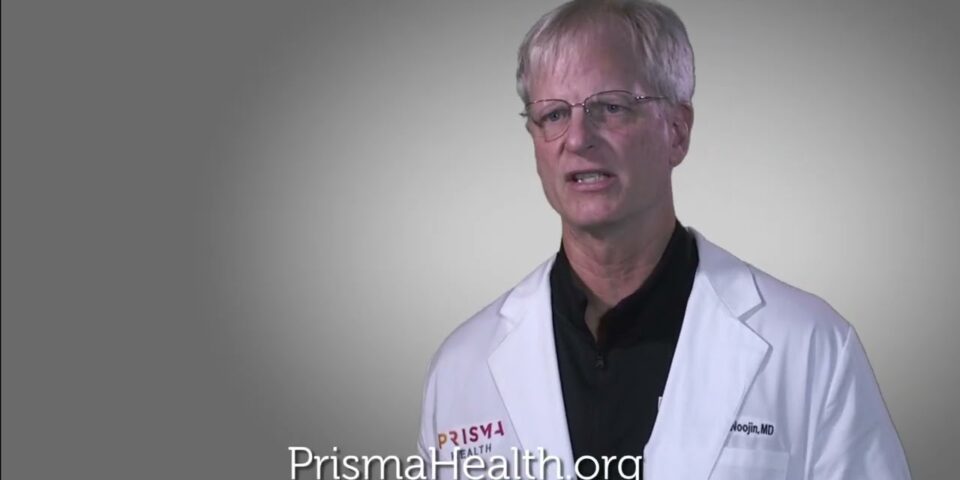Medical Minute: Tips for student athletes to prepare for fall sports
In the Prisma Health Medical Minute, Prisma Health’s expert physicians and other health care providers offer important advice and information delivered in a bite-sized video that you can watch in less time than it takes to brew your coffee. In this video, Frank Noojin, MD, shared six tips for student athletes to prepare for fall sports.
Dr. Noojin’s advice on preparing for fall sports included:
- Schedule a preseason physical exam. Sports physicals are a little different from a regular well child or annual visit. A preseason sports physical before sports participation really gets underway can help you prevent sports-related injuries and receive advice on how to adapt to any pre-existing conditions that could impact your participation.
- Get to know the coach or athletic trainer you’ll be working with. Speak with your trainer ahead of time about your goals for the season, what you learned during your preseason sports physical and areas of improvement you might want to focus on.
- Stay hydrated. “Remember, water is the best thing to hydrate with and not some of the other drinks we have available today,” said Dr. Noojin. Find tips on staying hydrated when participating in athletic activities right here.
- Never skip warm-ups and make sure you stretch before practice or a game. Getting enough of a good stretch in prior to engaging in exercise or sports is one of the top ways to prevent orthopedic injuries!
- Use the correct protective equipment. Helmets, knee pads and other protective equipment exist for a reason. Sports injuries can have a serious impact not just on physical health but also on mental health, and protective equipment can help to keep you safe on the field.
- Make sure that sometimes, you just take it easy. Overexercising or never taking a day off from your fitness routine may seem like a great way to stay in shape, but your muscles need occasional rest in order to recover and stay healthy.
- Pain is your body’s way of saying that there’s an injury. “No pain, no gain” is a harmful statement and isn’t true. If you start feeling muscle or other pain while participating in sports, it’s time to take a step back and work on finding out why you’re feeling that pain and what you can do to get your body back to its best health.
Apex Athletics, Prisma Health orthopedic physicians and other health care providers have stepped up to the plate to offer plenty of advice here at Flourish designed for student athletes. You can find more information on sports health from the Apex team and more right here.

